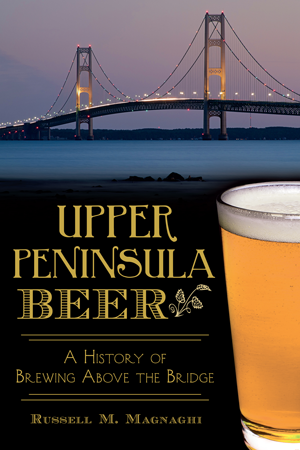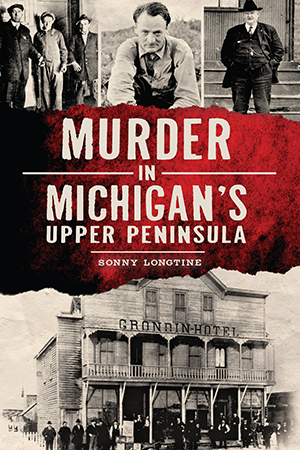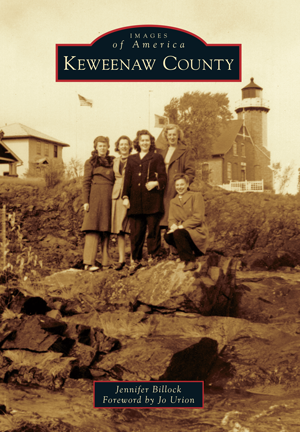
Copper Country Streetcars
During the early 1900s, copper mining was at its peak in the “Copper Country” of Michigan’s Upper Peninsula. Numerous communities sprang up throughout the region, but travel between towns was difficult as the roads were not paved and became impassable during the winter months when over 200 inches of snow would inundate the area. The poor travel conditions and boom period in the Copper Country were instrumental factors that resulted in the construction of a streetcar line to serve the area. Service began in 1900, and the network was extended several times over the next few years. Ridership peaked in 1910, when over six million passengers rode the system; however, it declined in the 1920s as automobiles became more popular, roads were improved, and the copper boom subsided. Service finally ended in 1932. It is a fascinating history that surprises many of today’s residents that streetcars operated in the area.
William (Bill) J. Sproule is a professor in the Department of Civil and Environmental Engineering at Michigan Technological University in Houghton, Michigan, where he teaches transportation engineering, public transit, airport design, and hockey history. He is a member of several associations, including the Houghton County Historical Society.
Arcadia Publishing, 2013
paperback, 128 pages, 177 Black And White images, 6.5 (w) x 9.25 (h)




